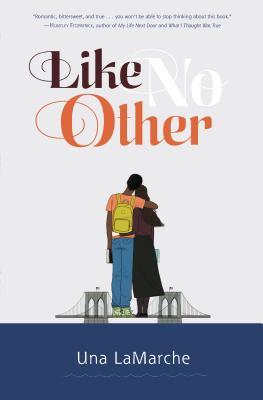 Pinkney, Andrea Davis, and Evans, Shane (illus.). The Red Pencil
Pinkney, Andrea Davis, and Evans, Shane (illus.). The Red PencilSeptember 16th 2014 by Little, Brown Books for Young Readers
E ARC from Edelweiss Above the Treeline
Amira, her disabled younger sister Leila, and her father and mother have a fairly prosperous life in Darfur in 2003. They have a patch of ground with a garden, and a goat that has a kid. Amira is envious of her best friend, Halima, who leaves their village to go to the Gad Primary School. It is expensive to go, but what is holding Amira back is her mother's opinion that girls do not need to know anything but how to take care of a household. When the Jangaweed arrive and attack the town, Amira's father is killed. She and her remaining family escape with Old Anwar, a neighbor. They eventually come to the large relocation camp at Kalma. The deprivation is horrendous, and the family doesn't know what to do. Amira, however, still has her dream of attending school, and is thrilled when she is given a red pencil and a pad of paper by an aid worker. She loves to draw, and knowing that her father wanted her to learn inspires Amira to find ways to educate herself despite her circumstances.
Strengths: The genocide in Darfur is certainly something about which we need a lot more information, and Pinkney does a great job of making this middle grade appropriate. Readers will connect with Amira and start to understand how difficult life can be in other parts of the world. The pictures and short length will entice many reluctant readers.
Weaknesses: I would have liked to see much more factual information about conditions and much less poetic musing. Because there is so little on this topic out there, I wish this had been in prose instead of in verse. For example, more information about the Janjaweed and why they were attacking villages would have been valuable, but since it is from Amira's point of view and she doesn't quite understand events, we don't get complete information.
 LaMarche, Una. Like No Other.
LaMarche, Una. Like No Other.July 24th 2014 by Razorbill
Devorah has always adhered closely to the behavioral expectations of her strict Hasidic family, but when her sister has a baby at 18, she starts to question whether this path will make her happy. To further complicate matters, when she is in the hospital with her sister during a storm, she gets stuck in the elevator with Jaxon, a geeky boy of West Indian descent to whom she finds she has an attraction and who lives in her neighborhood, albeit on "the other side". Since she is not allowed to talk to boys, much less date, Devorah finds ways to meet Jaxon, and the two fall in love and make plans to go away together for a weekend. When her family finds out, they send her away to be talked to by a rabbi, and her family starts arranging her marriage. Eventually, Devorah realizes that things will not work out with Jaxon but meeting him still has changed her and her plans for the future.
Strengths: This was a tremendously interesting book, and one that should get all the attention that The Fault in Our Stars and If I Stay are currently getting! Much more positive message as well! The portrayal of Devorah as someone who loves her family deeply but for whom the strictures of her culture are no longer working is deftly handled, and the portrayal of one family of Hasidic culture is something that many readers will not know anything about. (And I read conflicting opinions as to whether or not the portrayal is accurate. Let's go with: it is a portrayal of one family and their interpretation of the culture.)
Weaknesses: NOT a middle grade book, due to a few scenes and some language, as well as a general tone of introspection that doesn't work well for most middle school students. Definitely would buy for a high school library, though! I thought that Jaxon could have been a bit more developed (and a bit less annoying) as a character (since alternating chapters are from his viewpoint), and a glossary would have been nice.































No comments:
Post a Comment